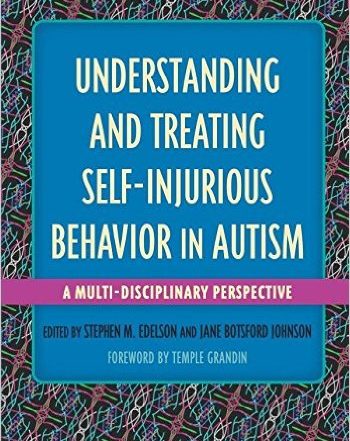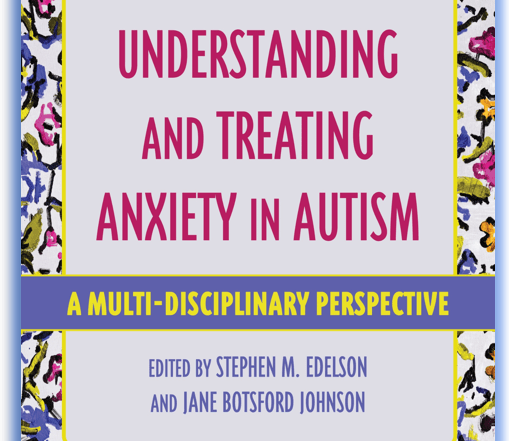Dr. Lauren Moskowitz answers questions about using positive strategies to address challenging behaviors.
To review Dr. Moskowitz’s previous talk on positive strategies for addressing anxiety and OCD, see: https://www.youtube.com/watch?v=EoFJrxQbeI8
Because this was a live Q&A, no certificates are offered for this particular recording.
Published: 09/26/2018

Understanding and Treating Challenging Behaviors
Part One: Challenges when your son or daughter is experiencing a difficult time Paul Shattock provides a parent's perspective on handling his son Jamie’s challenging behaviors and describes the experiences of other families
Live Q&A: Sensory Strategies at Home
Moira Peña, BScOT, MOT, OT, Reg. (Ont.), answers questions about sensory strategies for home. This recorded live question and answer session was a follow-up to our two-part series on brain and sensory processing
Sensory-Friendly Strategies for Home – Part 2
Moira Peña, BScOT, MOT, OT Reg (Ont.), discusses sensory processing strategies for home. She describes how atypical sensory processing affects lived experiences of individuals with autism and outlines three sensory profiles. Peña dives
Brain & Sensory Processing Differences Across the Lifespan
Fakhri Shafai, Ph.D., M.Ed., discusses sensory differences experienced by individuals with autism across the lifespan. She describes atypical neuronal migration and synaptic pruning and outlines how such differences in brain development lead
Understanding and Treating Self-Injurious Behavior in Autism
Pictured: Editors Stephen M. Edelson and Jane Botsford Johnson A comprehensive, authoritative resource on understanding and resolving self-injurious behavior (SIB) in people with autism and related conditions with contributions by top
Understanding and Treating Anxiety in Autism
Pictured: Editors Stephen M. Edelson and Jane Botsford Johnson Understanding and Treating Anxiety in Autism, is now available from Jessica Kingsley Publishers. The book is edited by ARI's executive director, Stephen M.







